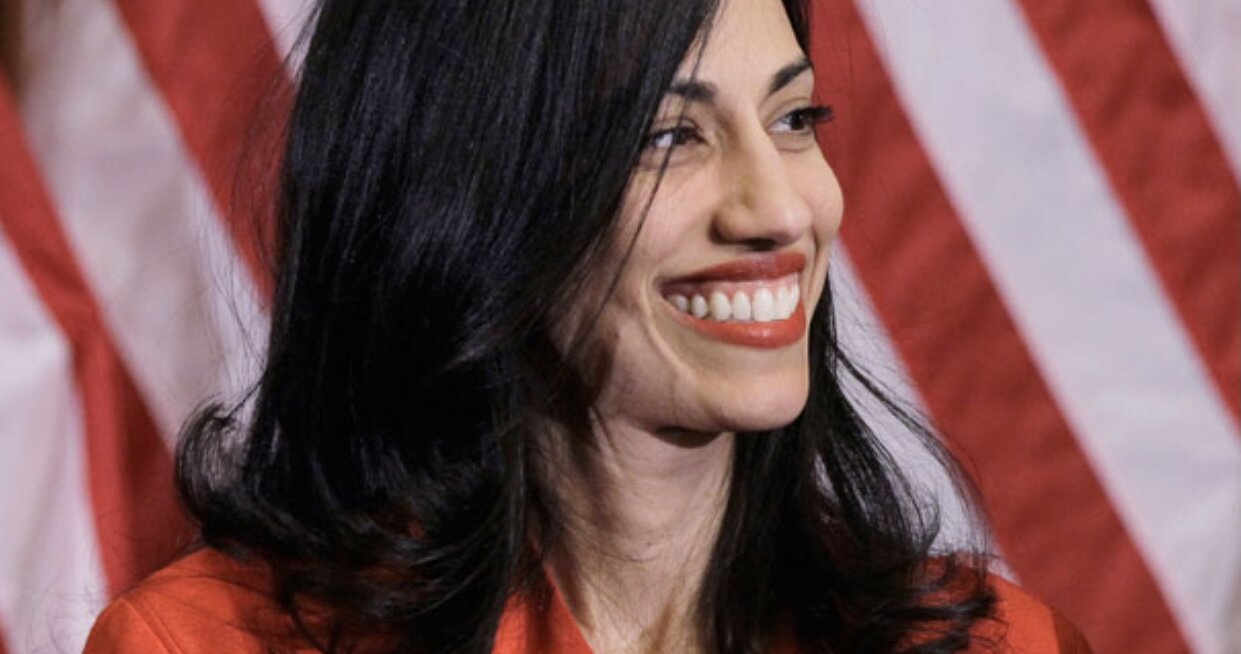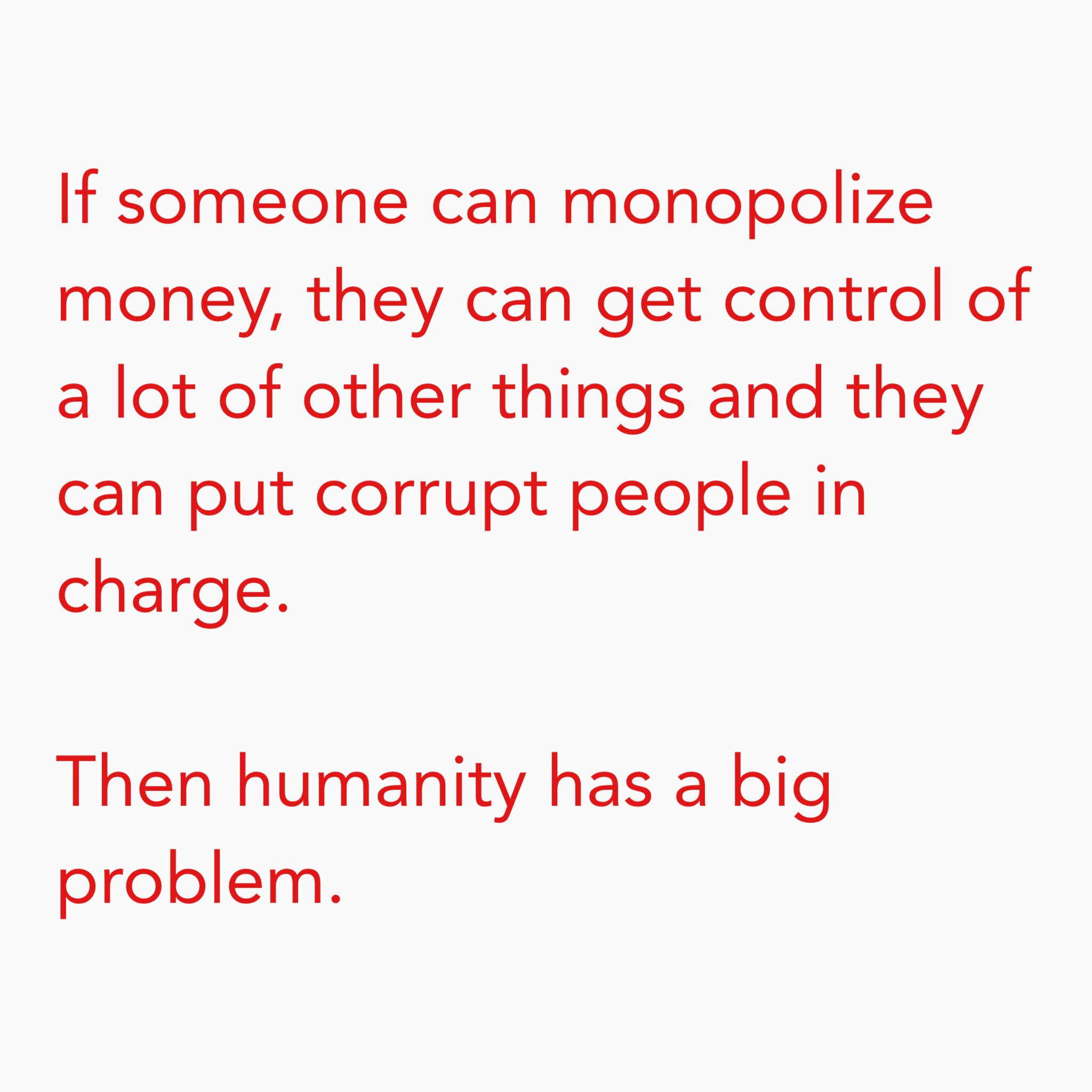A government employee did everything she could to bribe me and to get me under control; Right after I helped expose Clinton associates recruiting Yale girls into the NXIVM operation. Then the sensationalized NXIVM story was all but shut down in the media. This government employee tried to guilt me because of “pedophiles” into joining the fake populist Q movement which was being vilified in the media at that time. My story is ignored by the media. While we are told that they care so much about our health and we’d better do what they say OR ELSE.
CHAPTER 6
The Clinton Blur (II)
THE VIEW FROM FOGGY BOTTOM
In 2009 Hillary Clinton was in Russia, where she pushed Russian officials to sign a multibillion-dollar airplane agreement with Boeing. The $3.7 billion purchase was a big deal for the aerospace company.
Two months after Boeing won the contract, the company pledged $900,000 to the Clinton Foundation. The Washington Post called it "an indicator of a mutually beneficial relationship between one of the world's major corporations and a potential future president.
Clinton functioned as a powerful ally for Boeing's business interests at home and abroad, while Boeing has invested resources in causes beneficial to Clinton's public and political image."
When Hillary became secretary of state she announced a new commitment to what she called "commercial diplomacy" or “economic statecraft." The idea was simple: she would use her diplomatic leverage to help American companies be more competitive overseas. If they needed help in a foreign country, Hillary would be there as a supportive partner.
This was no idle commitment. As Businessweek put it in a retrospective look at her tenure, "There's no doubt Clinton has had success using her personal clout to help a handful of companies close a handful of deals."
Hillary's commitment to commercial diplomacy was laudable to the extent that she was committed to helping American firms be competitive in the global marketplace. But in practice it would prove difficult to distinguish the personal and political aspects of this kind of activity.
In State Department parlance Hillary's commercial diplomacy was executed as part of what it called "public private partnerships." And the public private partnerships came in many forms. The goals of these partnerships were often praiseworthy. But they often benefited friends of the Clintons.
If the media has been covering something up for years as one entity, that is something we should look into.
Power Africa, for example, like all such partnerships, has a noble goal: to help African countries develop large energy projects. But as Forbes magazine points out, initiatives like Power Africa tend to favor politically connected firms.
Winners include firms like Symbion Power, which counts former ambassador Joe Wilson as a member of its board. (Wilson, who we will meet again in chapter 8, is a Clinton friend and political ally.)
Another firm involved with Power Africa is Hecate Energy. Its founder David Wilhelm has no background in the field. For most of his professional life he served as a lobbyist and partner in Wilhelm and Conlon Public Strategies. Before that, he was the manager for Bill Clinton's 1992 presidential campaign.
The pursuit of commercial diplomacy required a new infrastructure within the State Department. Shortly after her confirmation as secretary of state, Hillary created the Office of Global Partnerships.
The director of this office would serve as the "chief liaison between corporate America, the State Department, and governments around the world." To run this sensitive office, she turned not to a diplomat, a former corporate executive, or even someone with NGO experience overseas but to longtime political operative Kris Balderston.
Balderston had served for eight years on Hillary's Senate staff and also did a stint in Bill Clinton's White House. His most famous role in Clinton World involved keeping the infamous List, which rated people as friends or enemies on a point system.
In a December 8, 2008, memo Balderston had suggested the idea for a State Department "corporate office" to create a series of public-private partnerships matching private capital with public governmental power. Hillary loved the idea and adopted it immediately, putting Balderston in charge, despite his having no background in the area of international business.
Other senior positions were given to political aides who had more experience in the world of Washington than in global affairs. Indeed, during her tenure both the State Department and the United States Agency for International Development (USAID), which fell under Hillary's control, saw a substantial rise in staff.
The link is here.
Staffing at the State Department increased 17 percent from 2008 to 2012, and USAID staffing was up 30 percent. One can hardly blame Bill and Hillary for seeking to place friends and supporters in jobs under their control. Like other prominent political figures, the Clintons need to keep a large constellation of aides, advisers, and friends gainfully employed.
Some of this employment, as indicated above, is handled by way of the Clinton Foundation. But the State Department was a convenient place for rewarding supporters as well. To enhance her scope of patronage, Hillary made extensive use of what is called the special government employee (SGE) rule.
This special category of staff allowed the Clintons to have their aides simultaneously involved with the Clinton Foundation, State Department, and various outside commercial interests. The SGE rule was originally designed to ensure that experts like scientists and engineers could be tapped for their expertise by the federal government without giving up their regular jobs at a research lab or university.
If someone can monopolize money, they can get control of a lot of other things and they can put corrupt people in charge.
Then humanity has a big problem.
The assignment was also supposed to be temporary-totaling no more than 130 days out of 365. But Hillary used the SGE status not for scientists or academics but for political aides, some of whom simultaneously held jobs at Clinton-affiliated firms.
Take Huma Abedin, who served as Hillary's deputy chief of staff at State. As an SGE, Abedin was able to remain on the payroll of the Clinton Foundation, as well as on that of a corporate consulting firm called Teneo, which was started in 2009 by Bill's longtime aide Doug Band.














